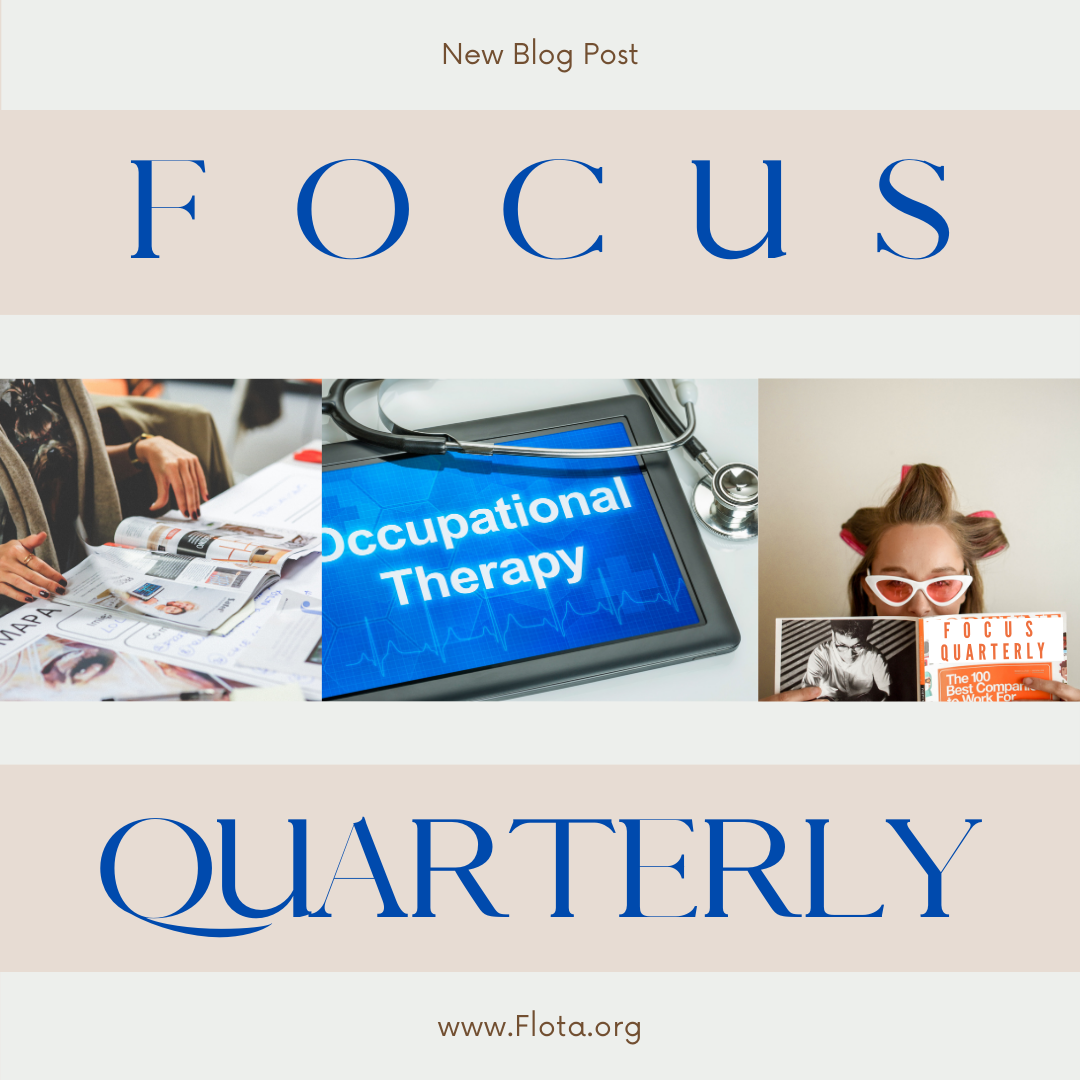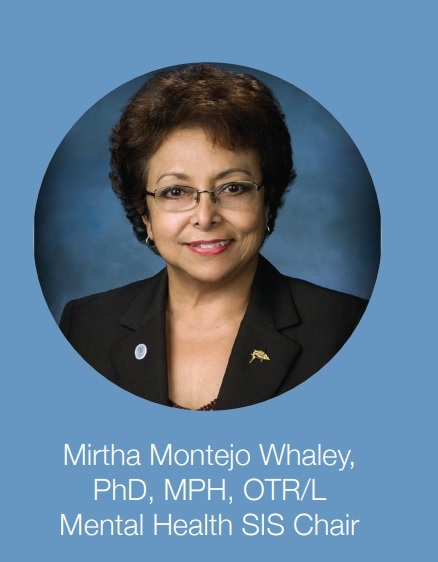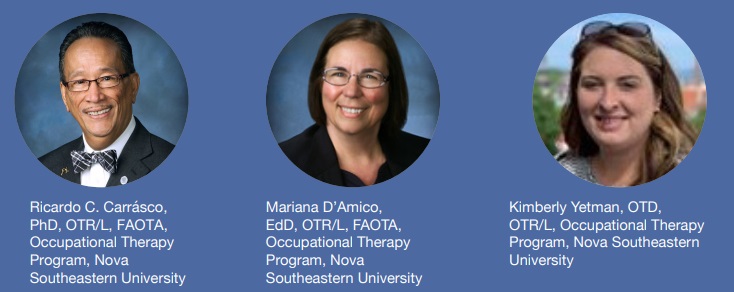 Extracurricular Engagement in Developing a Sense of Belonging in Hybrid Students
Extracurricular Engagement in Developing a Sense of Belonging in Hybrid Students Kurt K. Hubbard, PhD, OTD, OTR/L, FAOTA
The Role of Extracurricular Activities in Student Success
At times, educators may overlook that the success of their students is often related to involvement outside the classroom, whether traditional, hybrid, or online. Participation in extracurricular activities has been associated with enhanced social networks, increased self-esteem, and a greater sense of connection to the college community (Bamford & Heugh, 2021).
Sense of Belonging
Belonging reflects one’s perceptions of acceptance and connection and can have an overall effect on one’s well-being (Winstone et al., 2022). Research has supported the belief that extracurricular activities are of value to students for multiple reasons, including one’s well-being (Knifsend, 2020). However, while there is a growing body of research on the sense of belonging in higher education, the research that needs to be better understood is how college students in a hybrid setting describe the role that extracurricular engagement plays in developing a sense of belonging. In addition, understanding how students interpret the value and importance of participating in extracurricular activities related to their academic success is of paramount interest in education.
Belongingness Theory
The Belongingness Theory describes a sense of belonging as referring to personal experiences of connection and acceptance within a social group or community. According to Baumeister and Leary (1995), the definition of belongingness is the fundamental need to belong and maintain strong, stable interpersonal relationships. Research has looked at how a sense of belonging can impact a student’s online learning experience (Peacock et al., 2020). A sense of belonging can also impact their persistence and academic success (Gopalan & Brady, 2020). Ahn and Davis (2023) state that a sense of belonging impacts retention rates at the university level.
College Programs and Social Support
O’Sullivan et al. (2019) discussed how college programs can provide social support, social networks, and adequate social capital for students. The college environment, whether traditional, hybrid, or online, needs to provide a better understanding for leaders, administrations, and faculty to better serve students. Creating an experience that supports and promotes a sense of belonging through involvement in extracurricular activities and other best practices for student engagement is an important aspect of the student experience. Bergmark and Westman (2018) cited the importance of belonging and well-being as intricate components for student engagement.
Extracurricular Engagement in Hybrid Settings
However, there remains the problem space of understanding how engagement, particularly extracurricular engagement, plays a role in the development of a sense of belonging and how this is done in hybrid settings. Hybrid programs aim to serve student populations that include diverse cultural identities, socioeconomic backgrounds, and age groups. It is important to recognize the various demographics that may exist within the hybrid college experience and the need for every student to develop a sense of belonging. Extracurricular engagement is a key component for social integration outside the classroom (King et al., 2021). To this end, extracurricular activities can be a resource for fostering a sense of belonging among students. Earlier research has identified some benefits to extracurricular engagement, including building relationships with support networks, chances for skills development, and community connections (Pedler et al., 2022). Strayhorn (2019) states that the development of a sense of belonging is significant in a student’s pursuit of success.
Conclusion
Therefore, further consideration and research may inform institutional strategies for student engagement as well as contribute to the understanding of how extracurricular engagement and a sense of belonging are key factors in the success of a student. More research needs to be done to address student perceptions of belonging in relation to their engagement in social activities. This is an endeavor that is well worth considering moving forward in the OT profession.
Ahn, M. Y., and Davis, H. (2023). Students’ sense of belonging and their socio-economic status in higher education: A quantitative approach. Teaching in Higher Education, 28(1), 136-149, https://doi.org/10.1080/13562517.2020.1778664
Bamford, J. and Heugh, S. (2021). Enhancing student wellbeing and student belonging in university through a gamification approach to rewarding and recognizing extracurricular activities. Wellbeing in Higher Education, SEDA Specials, 45
Baumeister, R. F., & Leary, M. R. (1995). The need to belong: desire for interpersonal attachments as a fundamental human motivation. Psychol Bull, 117(3):497-529
Bergmark, U.;Westman, S. (2018). Student participation within teacher education: Emphasising democratic values, engagement and learning for a future profession. High. Educ. Res., 37, 1352–1365
Gopalan, M., & Brady, S. T. (2020). College students’ sense of belonging: A national perspective. Educational Researcher, 49(2), 134-137
King, A. E., McQuarrie, F. A., & Brigham, S. M. (2021). Exploring the relationship between student success and participation in extracurricular activities. SCHOLE: A Journal of Leisure Studies and Recreation Education, 36(1-2), 42-58.
Knifsend, C. A. (2020). Intensity of activity involvement and psychosocial well-being among students. Active Learning in Higher Education, 21(2), 116-127
O’Sullivan, K., Bird, N., Robson, J., & Winters, N. (2019). Academic identity, confidence and belonging: The role of contextualized admissions and foundation years in higher education. British Educational Research Journal, 45(3), 554-575
Peacock, S., Cowan, J., Irvine, L., & Williams, J. (2020). An exploration into the importance of a sense of belonging for online learners. International Review of Research in Open and Distributed Learning, 21(2), 18-35
Pedler, M. L., Willis, R., & Nieuwoudt, J. E. (2022). A sense of belonging at university: Student retention, motivation and enjoyment. Journal of Further and Higher Education, 46(3), 397-408
Strayhorn T. L. (2019). College students’ sense of belonging: A key to educational success for all students (2nd ed.). New York, NY: Routledge
Winstone, N., Balloo, K., Gravett, K., Jacobs, D., & Keen, H. (2022). Who stands to benefit? Wellbeing, belonging and challenges to equity in engagement in extra-curricular activities at university. Active Learning in Higher Education, 23(2), 81-96.
 Passing the Baton of SIS Leadership of the FOTA Practice Standing Committee
Passing the Baton of SIS Leadership of the FOTA Practice Standing Committee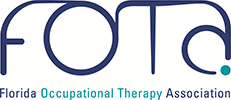

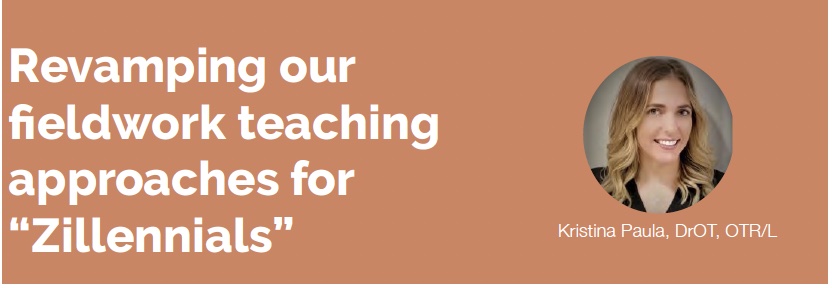
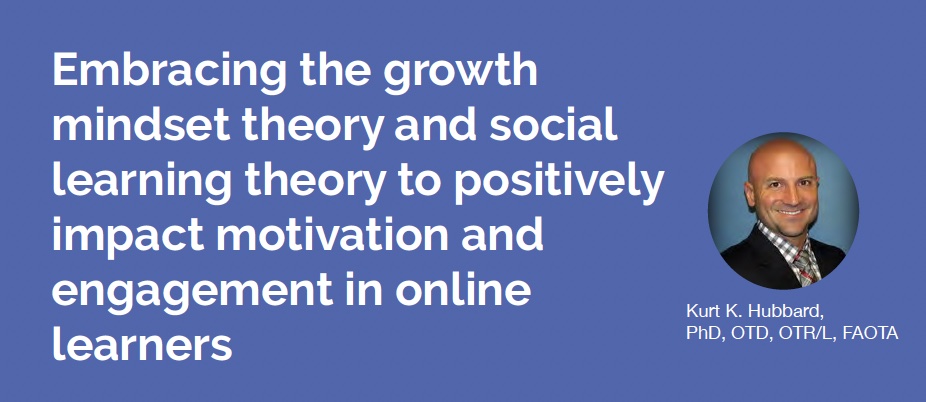
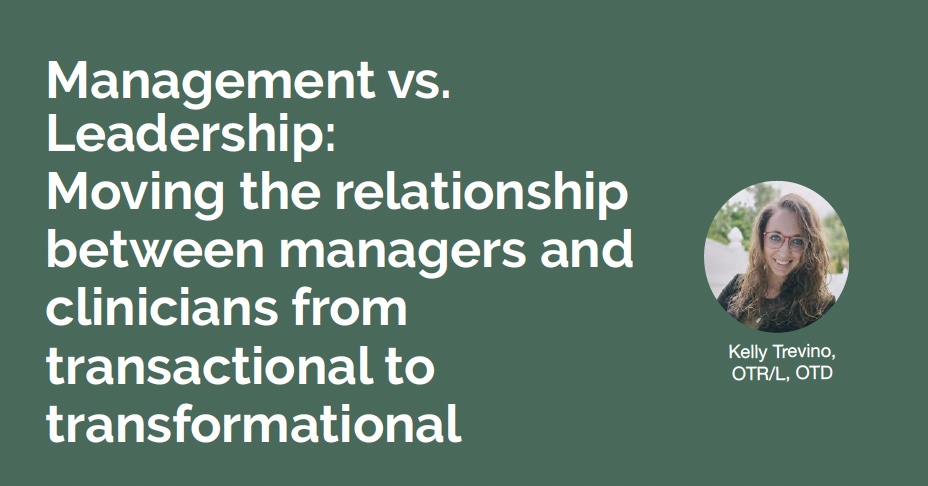
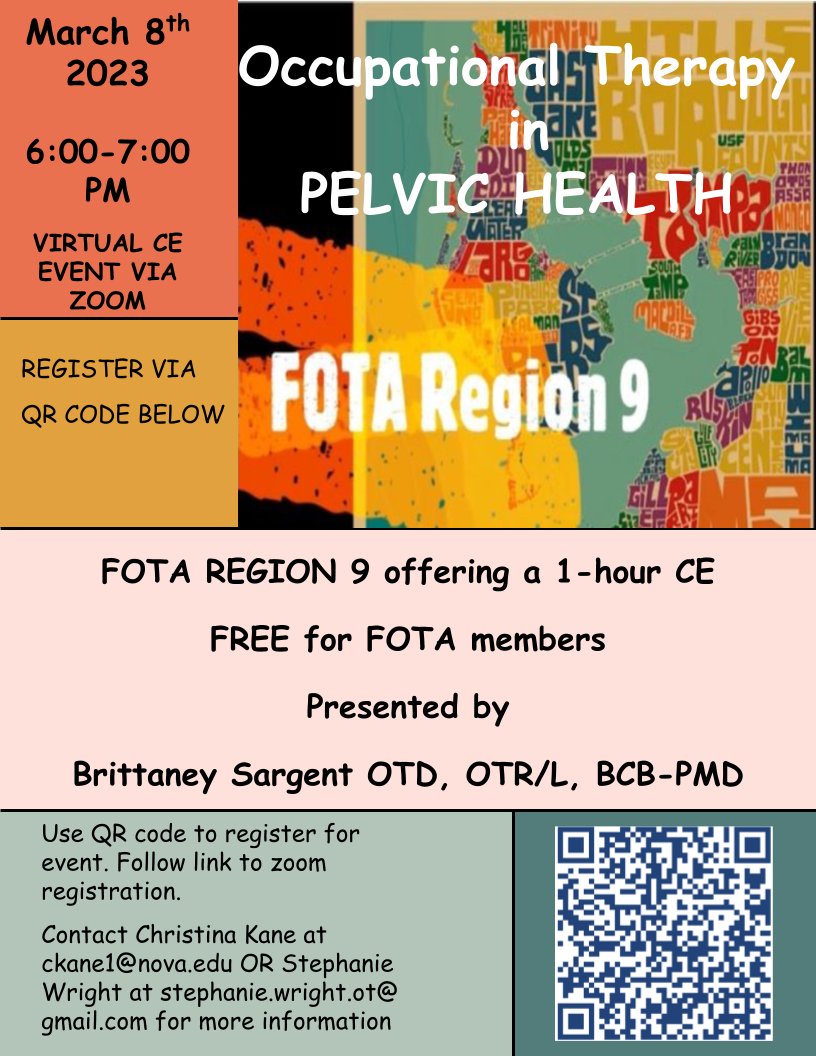

 FOTA21 Conference: Student Poster Submissions
FOTA21 Conference: Student Poster Submissions